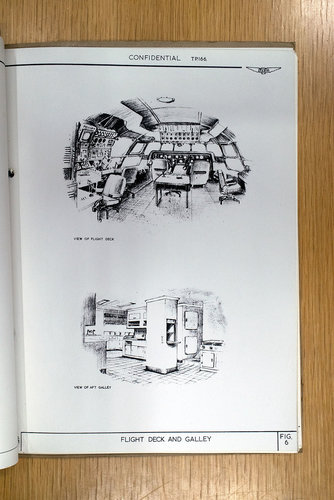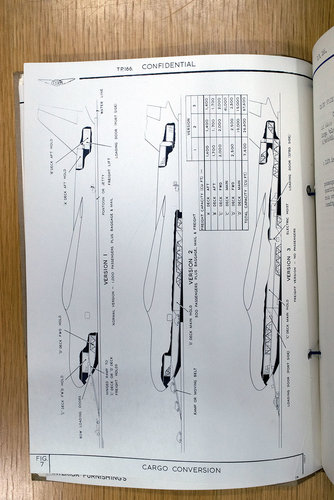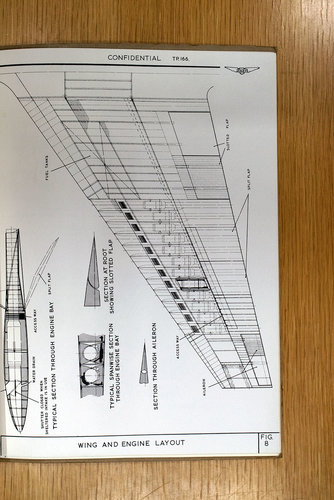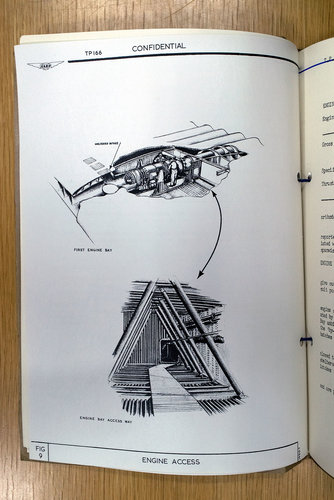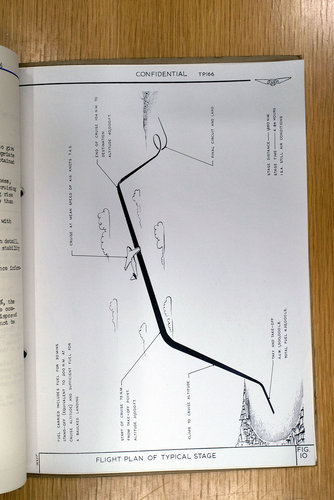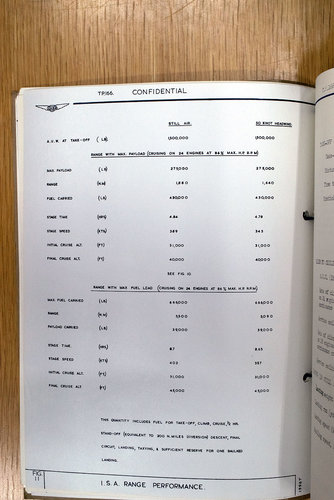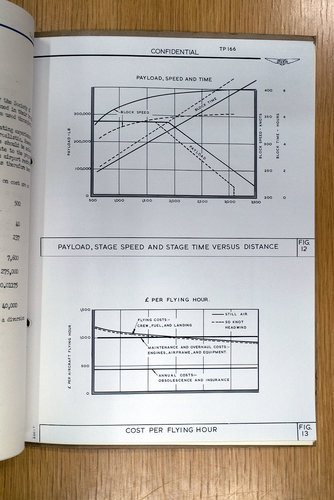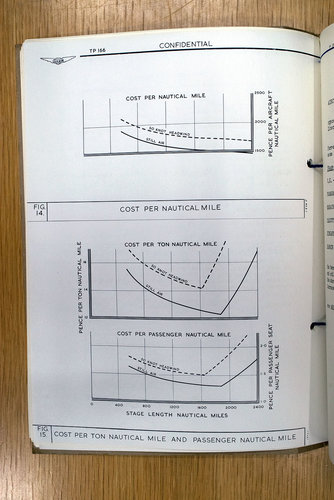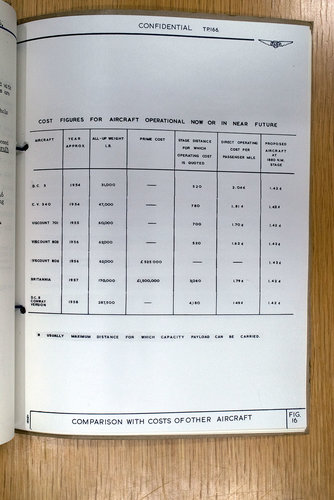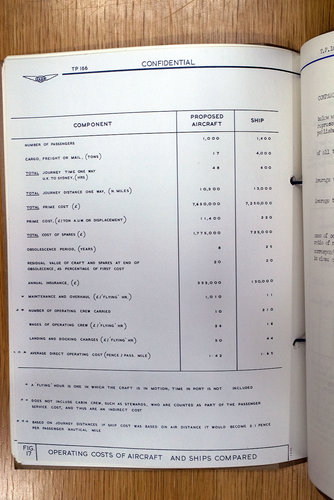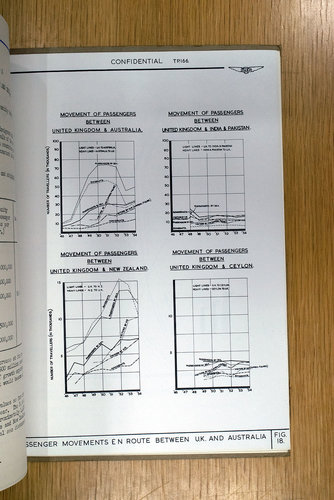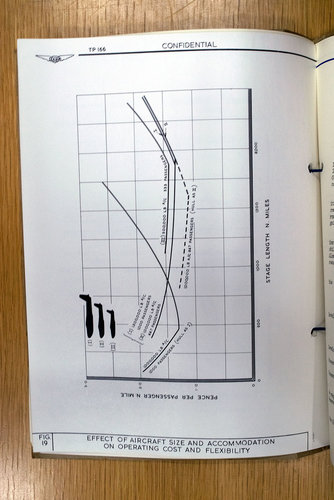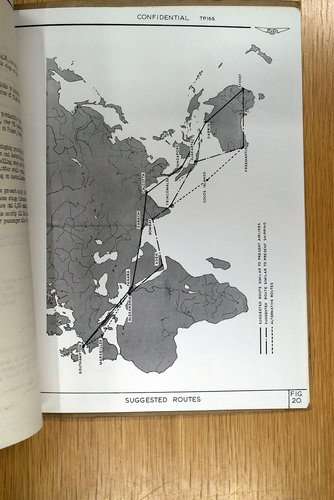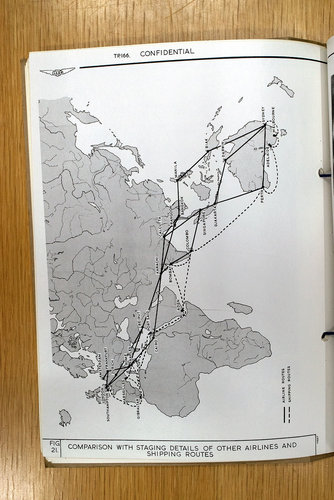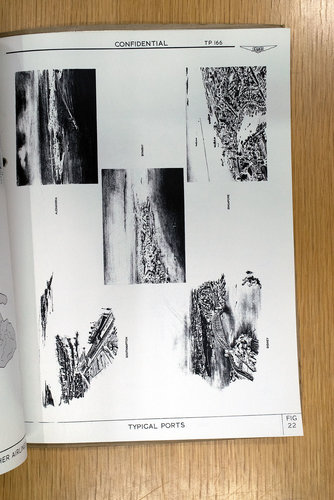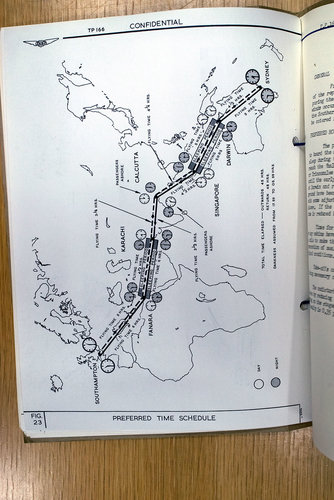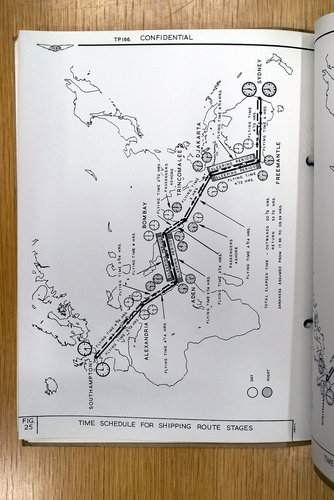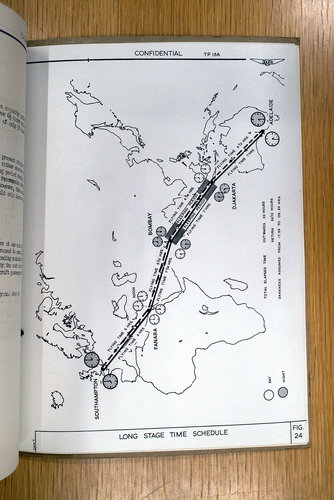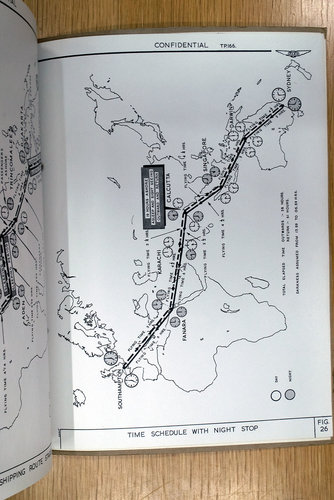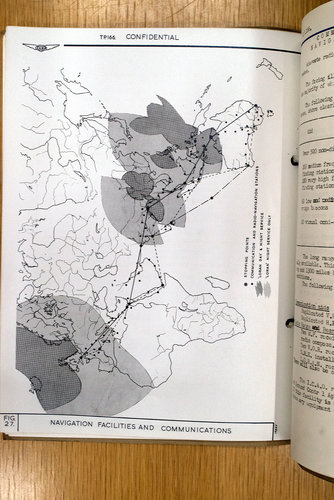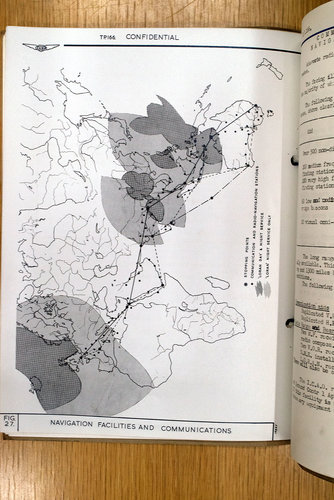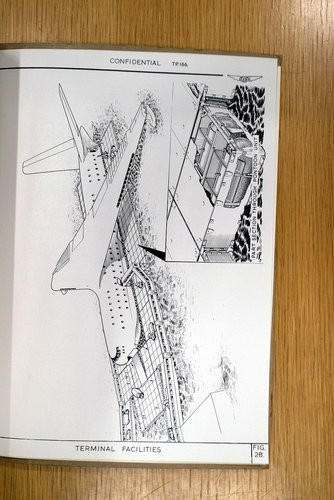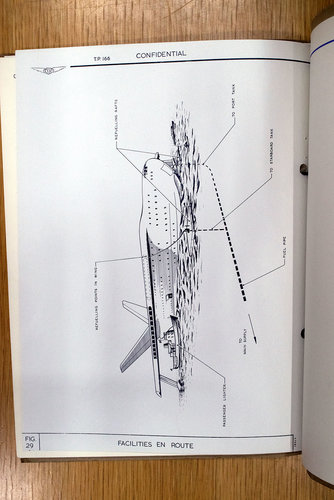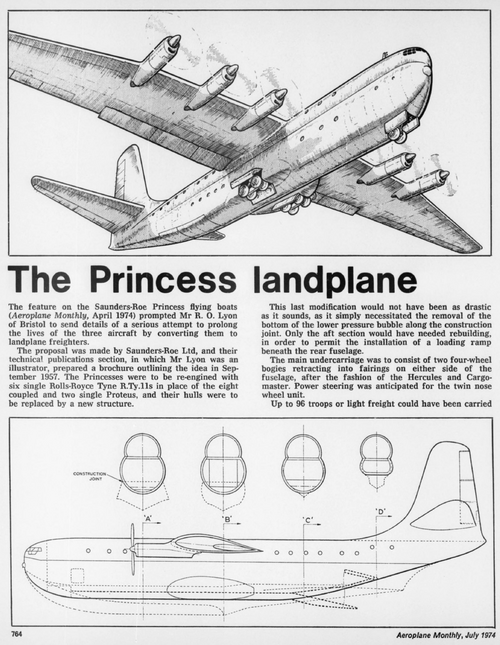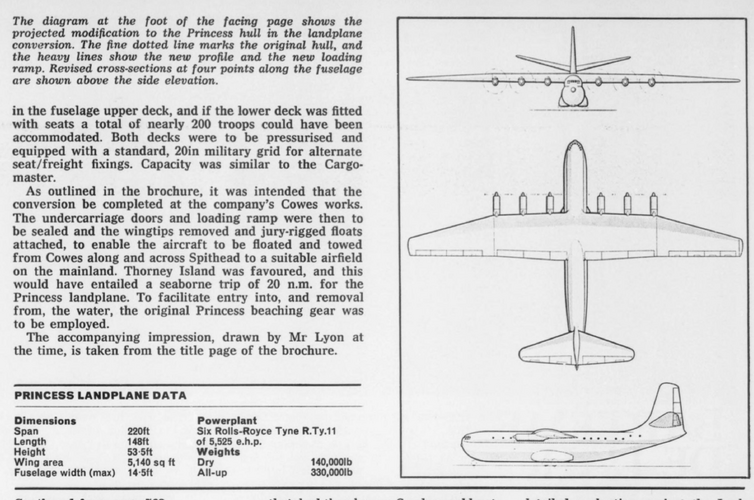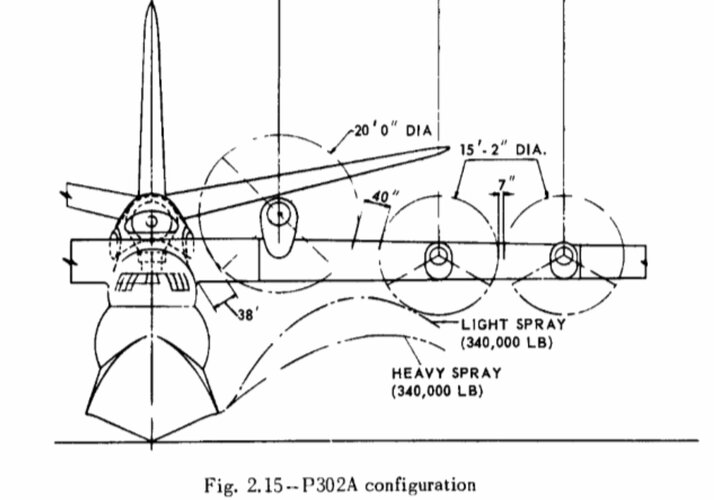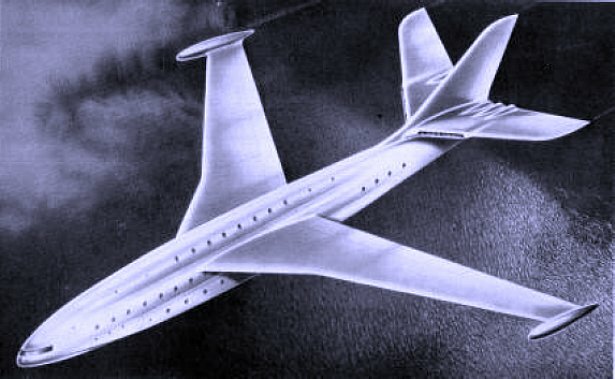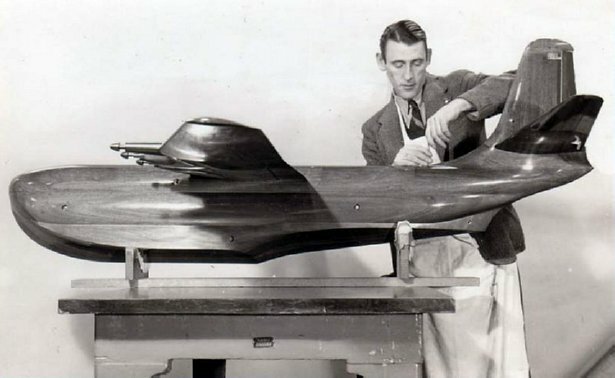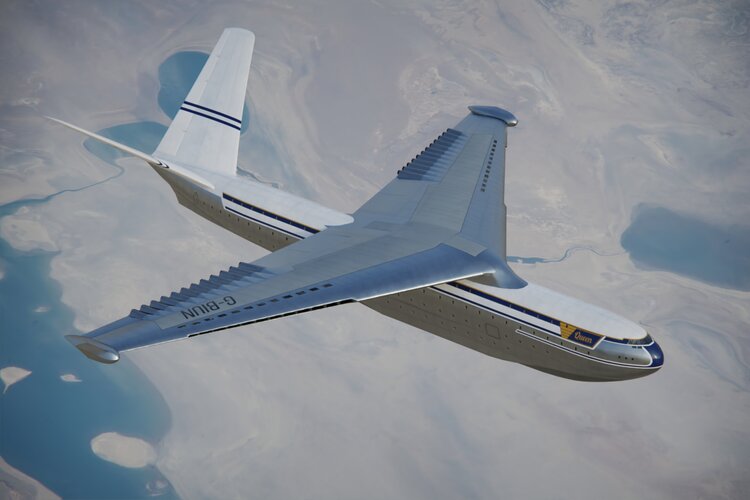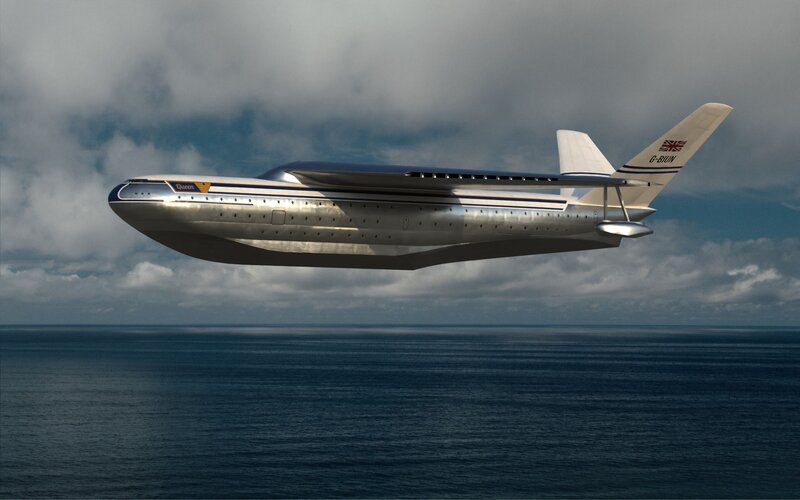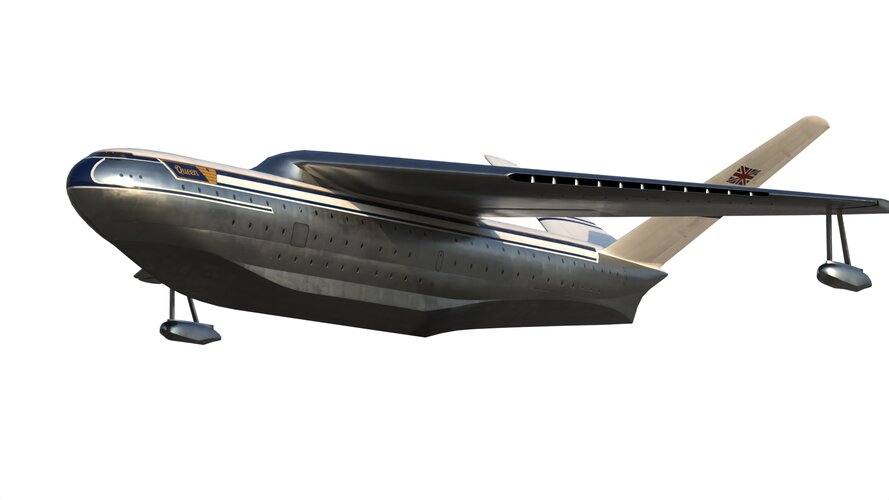You are using an out of date browser. It may not display this or other websites correctly.
You should upgrade or use an alternative browser.
You should upgrade or use an alternative browser.
Saunders-Roe Princess, Duchess, P.192 and other Flying boat projects
MattPainter
ACCESS: Restricted
- Joined
- 15 March 2020
- Messages
- 2
- Reaction score
- 0
Aaah, okay, no problem. I'll see if I can get a scan directly. Many thanks.Sorry - no scans - they're from Brochures in the Archives at Kew.
- Joined
- 9 October 2009
- Messages
- 21,944
- Reaction score
- 13,576
Regarding the Nuclear Princess:
D
Deleted member 2278
Guest
Princess (duplicated in the Brabazon thread) paired Proteus installation (Page 40):

Aeronautical Engineering Review 1949-09: Vol 8 Iss 9 : Free Download, Borrow, and Streaming : Internet Archive
Aeronautical Engineering Review 1949-09: Volume 8, Issue 9.Digitized from IA1533707-02.Previous issue: sim_aerospace-engineering-1942_1949-08_8_8.Next issue:...
archive.org
planesdude
ACCESS: Restricted
- Joined
- 11 November 2021
- Messages
- 1
- Reaction score
- 0
Anyone know the wingspan comparitily with the 748i?
Hi everyone,
Random find: ARC-CP-257 Saunders Roe Princess Flying Boat G-ALVN Air and Water Handling Tests ...

Regards,
Henning (HoHun)
Random find: ARC-CP-257 Saunders Roe Princess Flying Boat G-ALVN Air and Water Handling Tests ...

ARC-CP-257 - Abbott Aerospace UK Ltd
Saunders Roe Princess Flying Boat G-ALVN Air and Water Handling Tests
www.abbottaerospace.com
MARINE AIRCRAFT EXPERIMENTAL ESTABLISHMENT
Saunders-Roe Princess Flying Boat G-ALVN
Air and Water Handling Tests
SUMMARY
The basic aerodynamic and hydrodynamic handling characteristics of the aircraft are satisfactory over the range of all operating conditions tested.
On the water, the aircraft is adequately stable on take-off and landing. The tests were made at weights between 225,000 lb and 315,000 lb, with C.G. positions between 29 per cent and 33 per cent S.M.C.
At the high weight in relatively rough water, fine spray entered the inboard propeller discs during the initial take-off run, causing slight bending of the tips. A stiffened propeller designed to overcome this trouble was fitted, but the flight trials programme was curtailed before tests could be made in adverse weather conditions. The spray characteristics, however, are considered to be satisfactory for both take-off and landing - the spray behaviour compares favourably with previous flying boats.
Under choppy conditions, slight hull pounding has been encountered. There was insufficient evidence to determine the conditions under which this would occur.
The limiting aft C.G. position is about 35 per cent S.M.C., this position being dictated by the high power, low airspeed conditions immediately after unstick. In high altitude cruising flight the aft C.G. Limit is approximately 40 per cent S.M.C.
The aircraft is adequately controllable under asymmetric power conditions down to the stall, and the stalling behaviour is relatively good, there being adequate stall warning.
The existing simulated feel characteristics and control to control surface ratios require modifications in order to improve the feel of positive stability.
Greater flexibility of engine and propeller operating conditions on the water is desirable in order to improve the manoeuvring characteristics.
Regards,
Henning (HoHun)
- Joined
- 8 March 2009
- Messages
- 1,055
- Reaction score
- 1,293
Blackburn tandem wing patent
 worldwide.espacenet.com
worldwide.espacenet.com


Espacenet – search results
Espacenet: free access to millions of patent documents. Find out if your invention is unique or if other inventors have filed patent applications that are considered to be prior art.
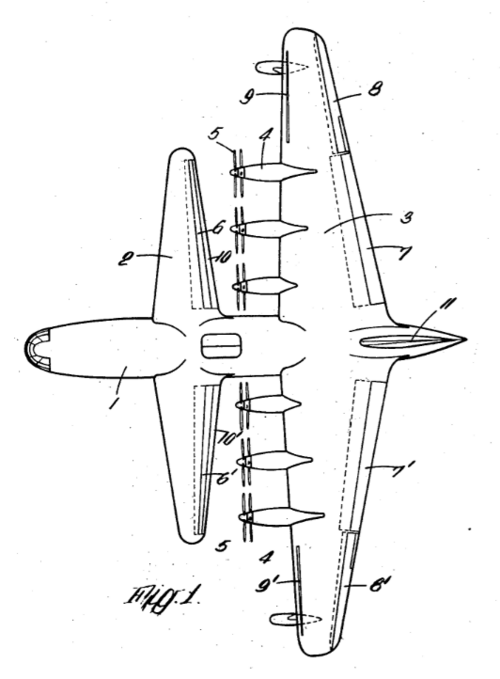
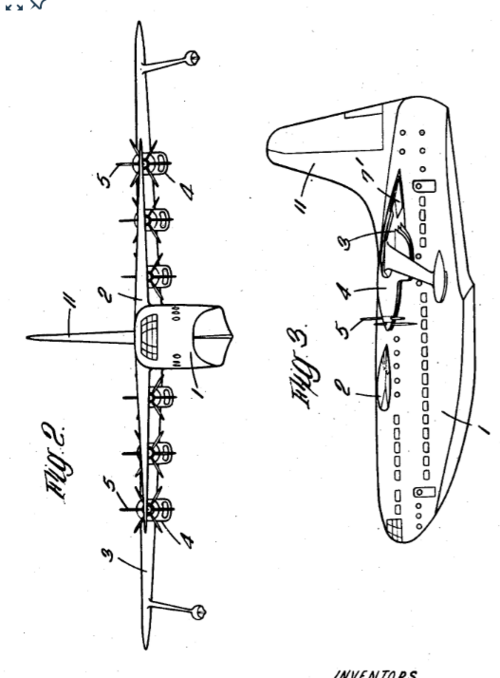
- Joined
- 26 May 2006
- Messages
- 34,869
- Reaction score
- 15,733
Attachments
Nuclear.
The K2
ACCESS: Secret
- Joined
- 29 June 2020
- Messages
- 303
- Reaction score
- 682
I find the Princess and Duchess elegant in their own way. But this Blackburn…..especially the top view. What a mess.Blackburn tandem wing patent
View attachment 715256View attachment 715257Espacenet – search results
Espacenet: free access to millions of patent documents. Find out if your invention is unique or if other inventors have filed patent applications that are considered to be prior art.worldwide.espacenet.com
Makes me wonder if the Princess inspired this airliner from Captain Scarlet:
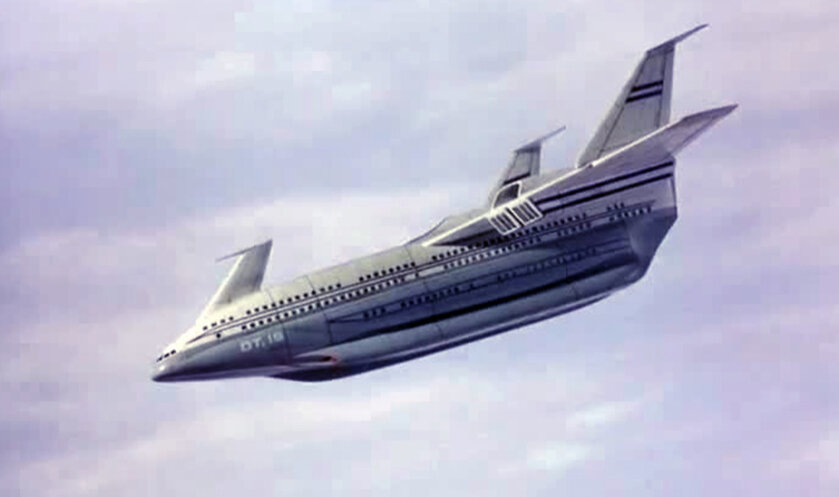
- Joined
- 26 May 2006
- Messages
- 34,869
- Reaction score
- 15,733
Hi,
Saturday Night Uforia: Past Pictures of the Week March 2, 2013 through March 9, 2013
Archive of Pictures of the Week at Saturday Night Uforia.
www.saturdaynightuforia.com

